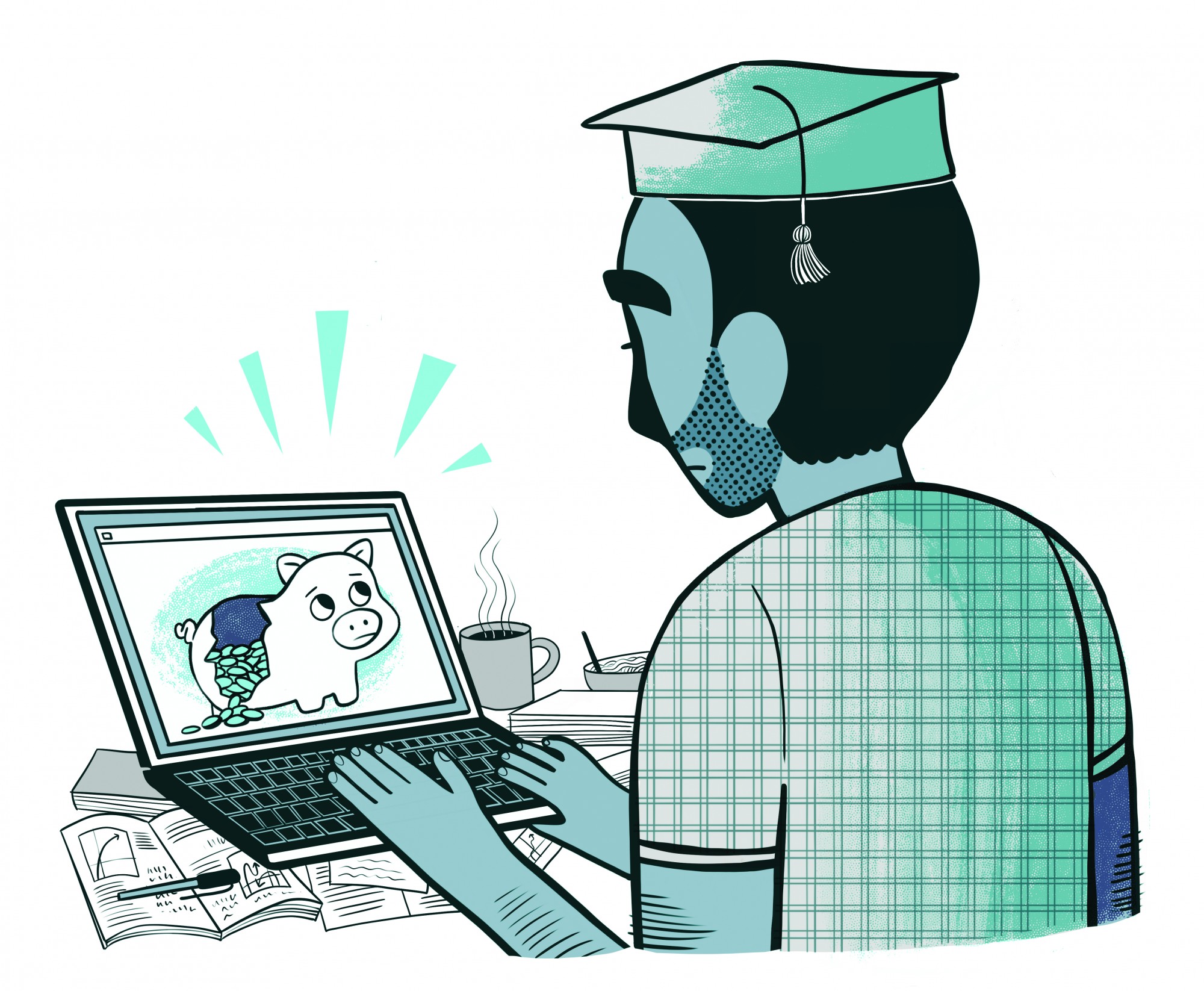Earlier this month, President Donald Trump announced his administration would suspend payments to federal student loans and waive accruing interest, but experts say students should take a closer look at possible benefits.
As of March 13, any borrower of a federally held loan may have their payments suspended and interest waived upon request for a period of at least 60 days. The announcement comes as a relief to some students at the University of Minnesota during the COVID-19 national emergency.
However, the logistics behind the relief benefits may not be so straightforward.
Student loan borrowers with federal loan debt who are in good standing are poised to benefit the most, said Joyce Serido, an associate professor in the College of Education and Human Development. Meanwhile, loans held by commercial entities, including some from the U.S. Department of Education, are not covered.
Students like second-year Cynthia Moua think about their loans and paying them off a lot. In her two years at the University, Moua and her family have borrowed $34,416 in federal direct subsidized, unsubsidized and parent PLUS loans, which are eligible for the suspension.
“I really think [the suspension] will help me a lot,” Moua said. “My loans are definitely very stressful for me, just because the amount is so big. I kind of wish that my entire student debt was gotten rid of, but I think it definitely will help ease the amount I have to pay off at the time of graduation.”
Students may have a combination of federal and private loans, making it especially important that they do research now and understand not only where their loan comes from but who owns their debt, Serido said.
“Do not panic, and do not breathe a sigh of relief with this legislation, but start to do your homework,” she said. “And that homework says you need to know who you owe the money to and figure out right away if the loans that you have qualify under this program.”
Larry Jacobs, a professor in the Humphrey School of Public Affairs, said that while the suspension provides some relief, not much of the current relief efforts really benefit students in the long-term.
“Students are in a very difficult spot,” he said. “There’s no additional support for students … You’re not going to have to pay back your loans [during the suspension], but there’s no help really coming from the government to support you.”
Jacobs also said relief efforts symbolize a compromise between partisan ideas on how to approach student debt issues.
“I think it reflects, you know, the battle between the parties. I think you’ve got the Trump administration and congressional Republicans that have a philosophy of students should take care of themselves, and the democrats take a very different perspective … It’s a very stark difference, and I think that’s reflected in what’s been done,” he said. “This was a compromise document. The students really were in my view neglected.”














